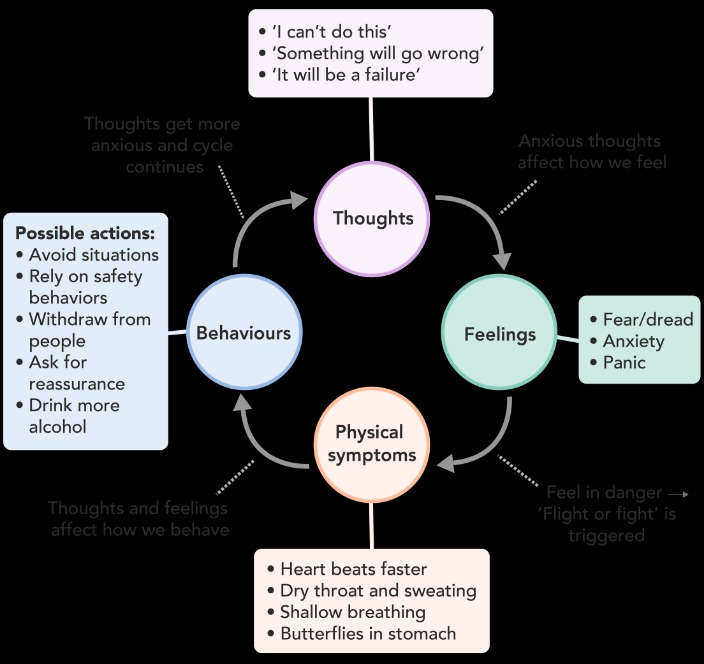Anxiety is a common mental health condition that affects millions of people worldwide. While it is normal to experience occasional feelings of anxiety, chronic anxiety can have a significant impact on a person’s overall well-being.
What Is Anxiety?
Anxiety is a natural response to stress or fear. It is a feeling of unease, worry, or fear that can be mild or severe. When anxiety becomes excessive or unmanageable, it can interfere with daily activities and relationships.
Types of Anxiety Disorders
There are several different types of anxiety disorders, including:
- Generalized Anxiety Disorder (GAD)
- Panic Disorder
- Social Anxiety Disorder
- Phobias
- Obsessive-Compulsive Disorder (OCD)
- Post-Traumatic Stress Disorder (PTSD)
Impact of Anxiety on Mental Health
Chronic anxiety can have a negative impact on mental health in several ways, including:
- Increased risk of developing depression
- Difficulty concentrating and making decisions
- Feelings of irritability or frustration
- Insomnia or other sleep disturbances
- Physical symptoms such as headaches, muscle tension, and stomach issues
Read more about Grief here.
Managing Anxiety
While anxiety can be challenging to deal with, there are effective ways to manage and cope with it. Some strategies include:
- Seeking therapy or counseling
- Practicing relaxation techniques such as deep breathing or meditation
- Engaging in regular physical activity
- Maintaining a healthy diet and getting enough sleep
- Limiting caffeine and alcohol intake
When to Seek Help
If you are struggling to cope with anxiety and it is affecting your daily life, it is important to seek help from a mental health professional. They can provide guidance, support, and treatment options to help you manage your anxiety effectively.



